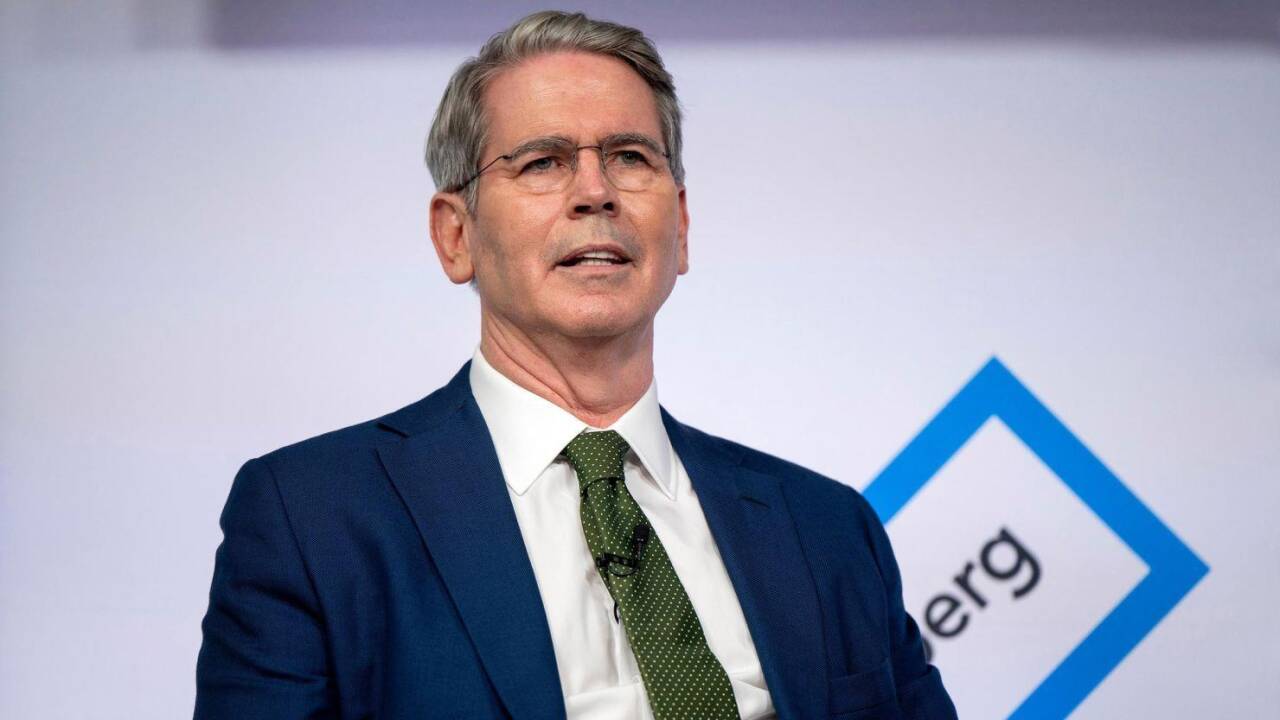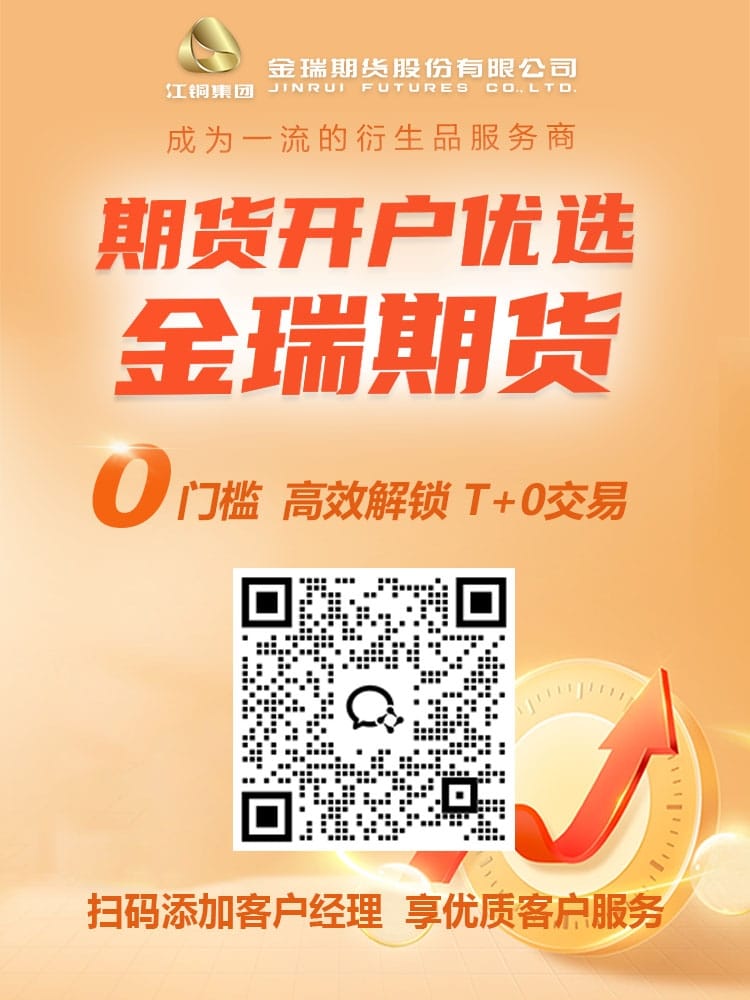TMTPOST -- U.S. Treasury Secretary Scott Bessent on Wednesday touted the revenue-sharing agreement recently struck between the Trump administration and Nvidia Corporation as a possible model, raising prospects of other industry witnessing adoption of the deal.
Credit:China Central Television
"I think we could see it in other industries over time," Bessent said in an interview with Bloomberg on Wednesday. "I think right now this is unique, but now that we have the model and the beta test, why not expand it?"
Bessent made the comments after Trump on Monday confirmed reports that Nvidia will be allowed to sell certain AI chips to China, in exchange for giving the U.S. government 15% of the revenue they get from the sales. H20 is the microprocessor that Nvidia had specially tailored to the Chinese market to comply with the Biden-era AI chip export controls.
Nvidia and its competitor Advanced Micro Devices Inc. (AMD) were reportedly to agree to pay part of their revenue from China to the U.S. government as part of a deal the Trump administration to secure export licenses.
The Financial Times (FT) on Sunday cited a U.S. official as saying that Nvidia would share 15% of the revenue from sales of its H20 chips in China and AMD will share the same share from MI308 revenues. Bloomberg later echoed the report, noting the agreement Nvidia and AMD made with the U.S. government were unusual if not unprecedented arrangement that stands to unnerve US companies and Beijing alike.
Trump on Monday said he originally asked Nvidia for a 20% cut of its chip sales to China, but lowered the share of revenue to 15% after its CEO Jensen Huang negotiated with him. The president called Nvidia』s H20 an 「old chip that China already has」 and 「obsolete.」 「So I said, 『listen, I want 20% if I』m going to approve this for you, for the country,』」 Trump said,referring to his meeting with Huang.
Trump said he wouldn』t allow Blackwell, Nvdia』s latest advanced AI chip, to be sold to China without significant downgrade, while he indicated he could allow the company to sell the scaled-down Blackwell.
"Jensen also has the new chip, the Blackwell. A somewhat enhanced-in-a-negative-way Blackwell. In other words, take 30% to 50% off of it," said Trump. "I think he』s coming to see me again about that, but that will be an unenhanced version of the big one," he added.
Bessent on Wednesday played down fears that the agreement with Nvidia would impose national security risks by giving China access to U.S. technologies, arguing that the chips in quesiton were "levels down the chip stack." "There are no national security concerns here. We would not sell any advanced chips," said he.
Moreover, Bessent believes approval for sales of Nvidia's H20 chips in China would make them "the bellwether for Chiense technology " while swelling the U.S. government's coffers.
White House press secretary Karoline Leavitt on Tuesday suggested more companies may may need to negotiate deals for export licenses, similar to Nvidia's recent arrangement.
The Trump administration is still working out the details of its 15% export tax on Nvidia and could bring deals of this kind to more companies, according to Leavitt. 「Right now it stands with these two companies. Perhaps it could expand in the future to other companies,」 said Leavitt.






















